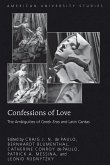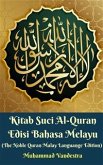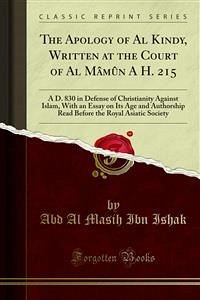Aboû Hâmid Muhammed Ibn Muhammad Al Ghazzali was born in the city of Tus in Khorassan, a.d. 1058, one year after the great poet and freethinker Abu’ l’ Ala died. He was the son of a dealer in cotton thread (Gazzâl), whence his name. Losing his father in early life, he was confided to the care of a Sufi, whose influence extended through his subsequent career. On finishing his studies he was appointed professor of theology at Bagdad. Here he achieved such splendid success that all the Imams became his zealous partisans. So great, indeed, was his renown, so ardent the admiration he inspired, that the Muhammedans sometimes said: “If all the books of Islam were destroyed, it would be but a slight loss, provided Al Ghazzali’s work on the Revivification of the Sciences of Religion were preserved.” The following short treatise gives the history of the mind of this remarkable man in his pursuit of truth. It might not inaptly bear the title “Confessions of an Inquiring Spirit.” In its intellectual subtlety it bears a certain resemblance to Newman’s Grammar of Assent, and in its almost Puritanical sense of the terrors of the world to come, it is akin to Bunyan’s Grace Abounding. It is also interesting as being one of the very few specimens of genuine Eastern autobiography. After describing the difficulty with which he escaped from an almost Pyrrhonic scepticism, “not by systematic reasoning and accumulation of proofs, but by a flash of light which God sent into my soul,” he reviews the various sects whom he encountered in his search for truth. After mastering the first two systems and still finding the great problem unsolved, he was forced to pronounce philosophy incompetent, and to seek in some higher faculty than reason the solution of his doubts. The intuition or ecstasy (“wajd”) of the Sufis was to him a sort of revelation. His search for truth occupied several years, in the course of which he renounced his professorship of theology at Bagdad and went into devotional retirement at Jerusalem and Damascus, and also performed the pilgrimage to Mecca. The great service which Al Ghazzali rendered to the Sufis was, as Mr. Whinfield has pointed out, in the preface to his translation of the Masnavi, to provide them with a metaphysical terminology which he had derived from the writings of Plotinus the Neo-Platonist. He also gave them a secure position in the Church of Islam. In his Development of Muslim Theology Professor Macdonald calls Ghazzali “the greatest, certainly the most sympathetic figure in the history of Islam, and the only teacher of the after generations ever put by a Muslim on a level with the four great Imams.” He further says of him: “Islam has never outgrown him, has never fully understood him. In the renaissance of Islam which is now rising to view, his time will come, and the new life will proceed from a renewed study of his works.”
Bitte wählen Sie Ihr Anliegen aus.
Rechnungen
Retourenschein anfordern
Bestellstatus
Storno








![The Voice of Faith in the Valley of Achor: Vol. 1 [of 2] / being a series of letters to several friends on religious subjects (eBook, PDF) The Voice of Faith in the Valley of Achor: Vol. 1 [of 2] / being a series of letters to several friends on religious subjects (eBook, PDF)](https://bilder.buecher.de/produkte/54/54912/54912143m.jpg)
